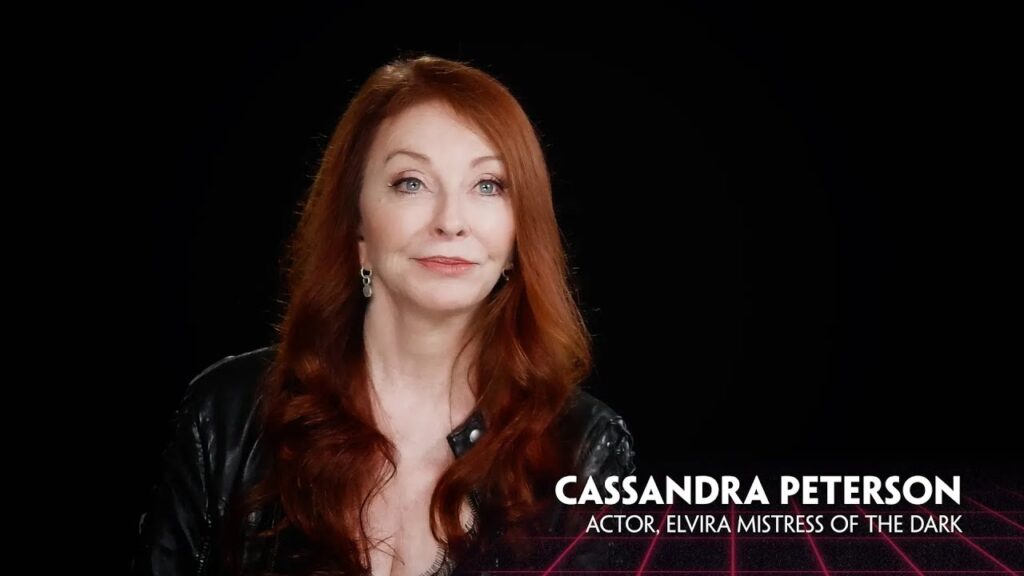
David A. Weiner’s In Search Of Darkness (2019) is a film about American horror films made in the eighties. Over the course of a 264 minute runtime, Weiner combines clips with interviews; some of the most notable subjects being Joe Dante, Cassandra Peterson, John Carpenter, Stuart Gordon, Barbara Crampton, Keith David, Tom Atkins, and a host of other industry professionals who helped mold that decade into a golden age for the genre.
Films are taken one at a time chronologically as Weiner steers viewers through the decade. The content for each individual film consists of three or four talking heads and a half a dozen clips that illustrate what the interviewees are saying. The information that these industry professionals dispense is either anecdotal or just an off-hand aside. It’s the kind of in-depth documentary filmmaking that showed up as five to ten minute long “making of” special feature on DVDs from the early 2000s.
Weiner often dilutes his film further with the perspectives of fans like Corey Taylor of Slipknot. There’s a measly amount of critical discourse around each film that Weiner features and Corey Taylor can only manage to communicate what he thinks the “great kills” in any given film are. Fans, crew, and cast members all seem to speak endlessly without ever saying anything.
In Search Of Darkness assumes that the viewer has seen most of the films that are discussed and that even the most familiar trivia will bring some sort of joy to the audience. By the time that Weiner gets to 1981 it’s abundantly clear that In Search Of Darkness is nowhere near as active a film as its title implies. To “search” is to seek or to investigate; two things that Weiner clearly does not wish to do at all with this film. In Search Of Darkness is not about aesthetics, technique, or any form of critical discourse; In Search Of Darkness is about community.
It’s commonly thought that viewers get “hooked” on television shows because they form a sort of attachment to the characters in the show; Friends become your friends. It’s a curious psychological phenomenon that’s applicable too In Search Of Darkness. Weiner’s assumption that his audience knows the films, artists, and celebrities that he’s included in his film as well as the superficial survey approach to information indicates that In Search Of Darkness is a film for the initiated fan. The repetition of talking heads works the same way as a sitcom on the viewer where people like Andre Gower and Kelli Maroney start to feel like real intimate buddies.
In Search Of Darkness is not the kind of documentary implied by its title; it is actually a film that celebrates and unites a niche of cinephilia. Once all assumptions regarding what In Search Of Darkness should do have been erased one can appreciate what it is doing; creating a safe space for thousands of diverse fans to feel included. Fans from everywhere on the globe are able to share the illusion of intimacy and the reality of kinship with someone like Nick Castle. In this regard In Search Of Darkness is wholly successful and totally unique.
